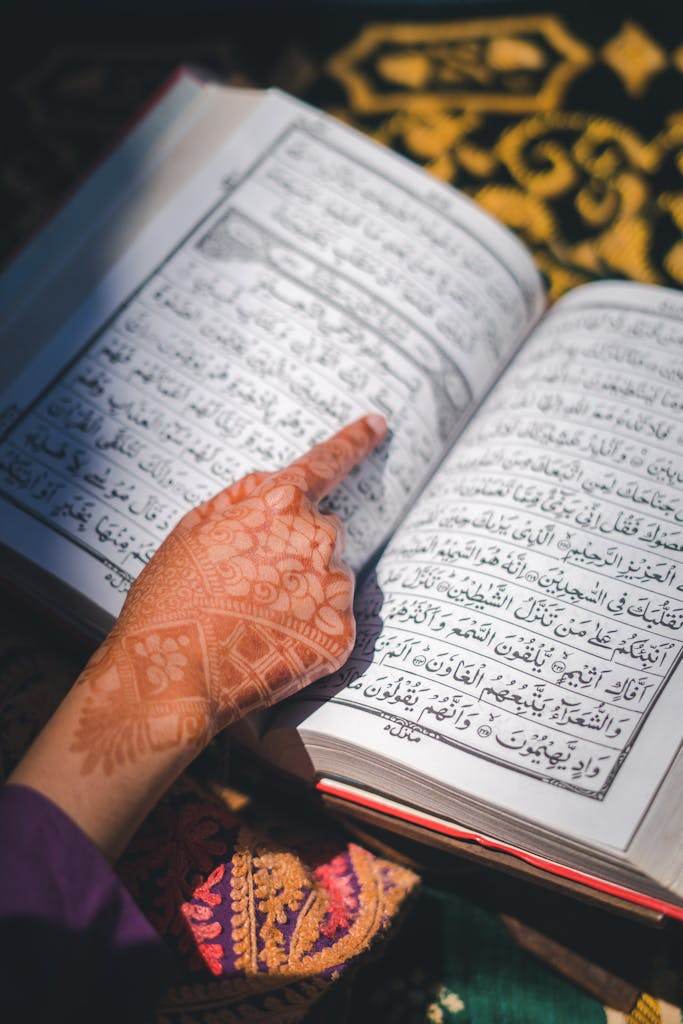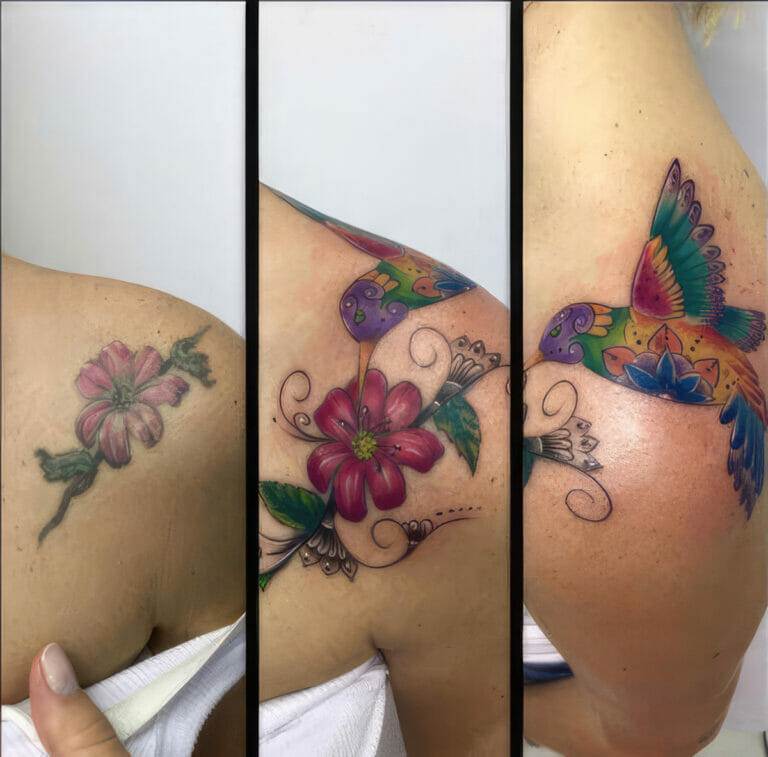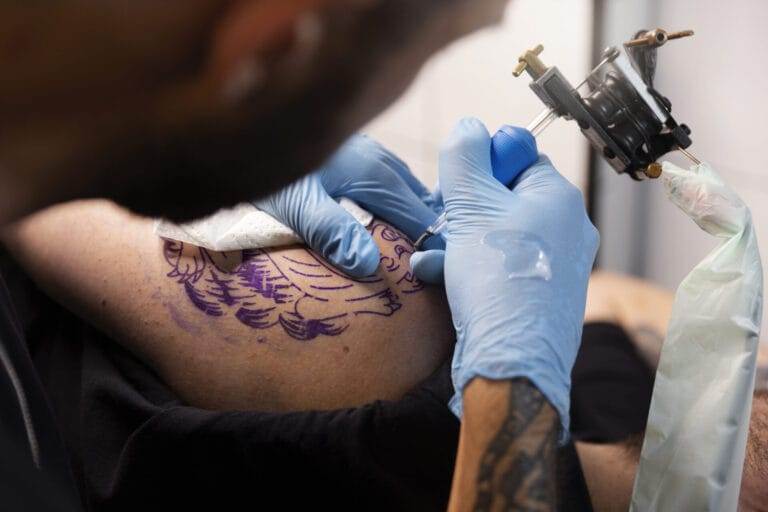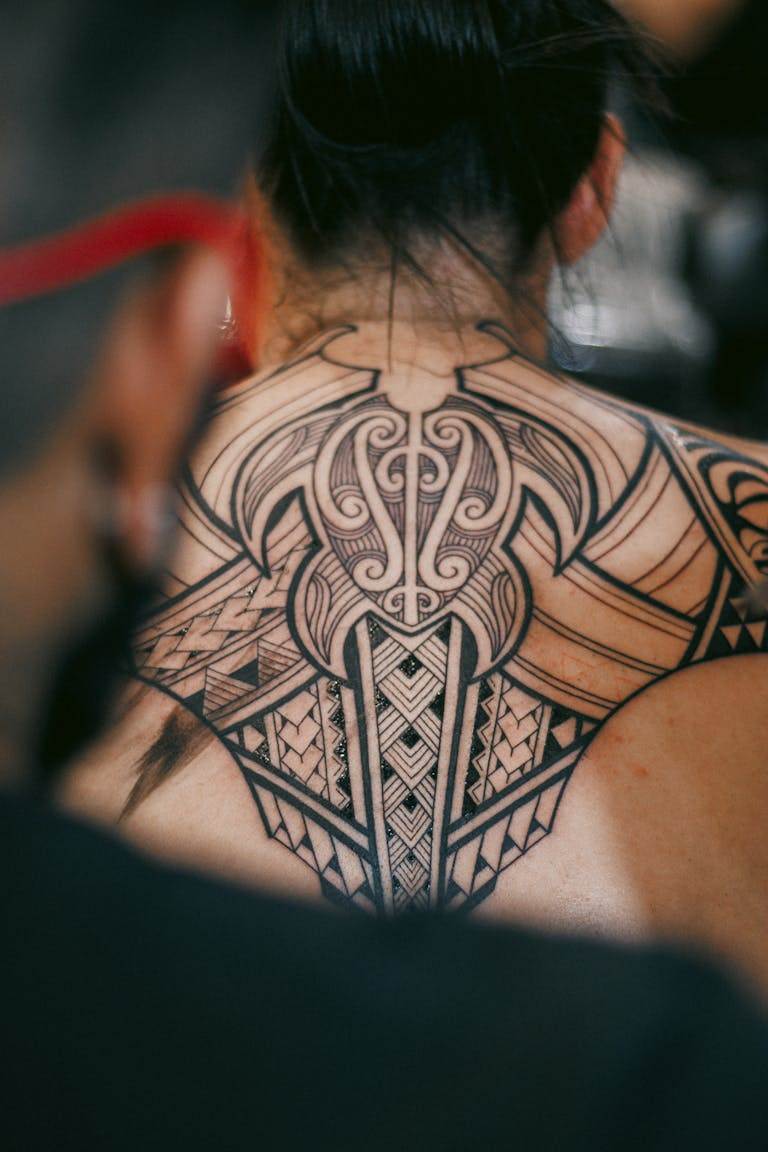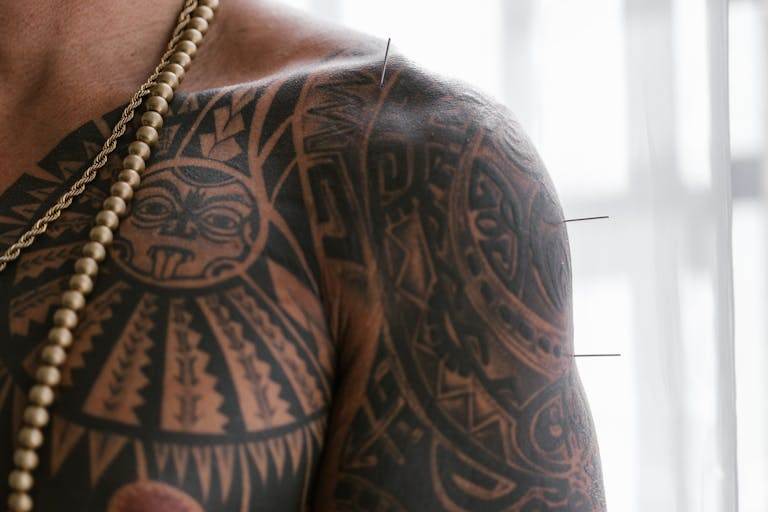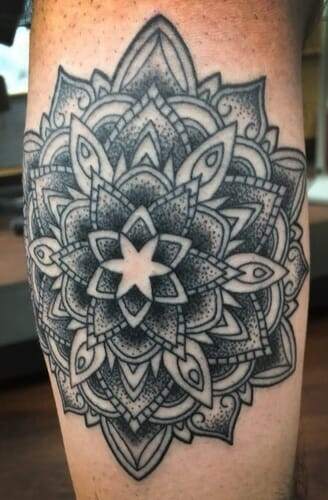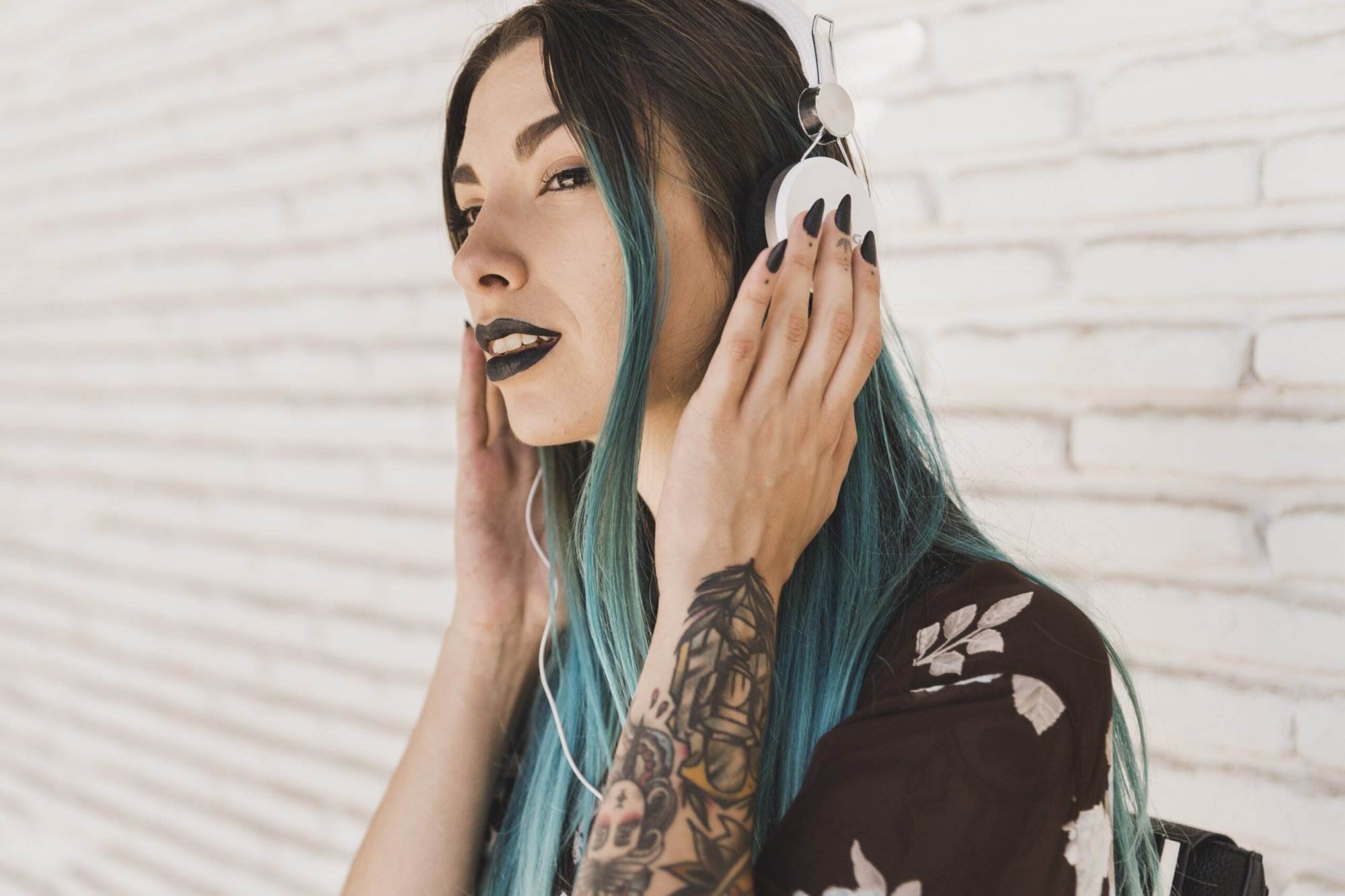
Introduction to Tattoos
Tattoos have been a part of human culture for thousands of years, transcending continents and social classes. As we delve deeper into the realm of body art, it’s essential to understand both its historical context and cultural significance.
Brief History of Tattoos
Historically, tattoos have served various purposes across different civilizations. The earliest evidence of tattoos dates back to around 3300 BC, as demonstrated by the discovery of Ötzi the Iceman, who had multiple tattoos.
- Ancient Egypt: Tattoos were not just for decoration but were often believed to confer protection and healing powers.
- Polynesia: In the Pacific Islands, tattooing was a rite of passage, symbolizing maturity and social status.
- Japan: Traditional Japanese tattoos, or Irezumi, were historically linked with criminality but have evolved into a celebrated art form.
These rich histories highlight how tattoos have evolved over time while maintaining their significance in different cultures.
Cultural Significance of Tattoos
Tattoos carry deep cultural meanings and have the power to reflect personal identities, beliefs, and traditions. They are often symbolically related to various aspects of life:
- Religious Tattoos: Many individuals opt for religious symbols to express their faith. For example, crosses or images of deities often serve as reminders of one’s spiritual journey.
- Family and Heritage: Many people choose tattoos to honor their family lineage or cultural roots, using symbols or phrases that reflect their heritage.
The cultural significance of tattoos extends beyond individual expression. They can also serve to unify communities, creating bonds among those who share similar beliefs or experiences. In summation, tattoos are not merely aesthetic choices; they are deeply intertwined with human history and cultural identities. Understanding their history and significance provides a broader perspective on why people choose to adorn their bodies with ink, making tattoos a fascinating subject for exploration. As we continue, we will delve into the psychological associations that accompany these artistic expressions.
Psychological Associations with Tattoos
Having explored the history and cultural significance of tattoos, we now turn our attention to the psychological aspects that drive individuals to get inked. Tattoos often serve as powerful forms of self-expression, helping individuals convey their emotions, beliefs, and unique identities.
Self-Expression
Tattoos can be significant outlets for self-expression, allowing individuals to project their inner thoughts and emotions onto their skins. Many people choose designs that hold personal meaning, be it a tribute to a loved one, a symbol of resilience, or an artistic representation of their passions. Some key points to consider about self-expression through tattoos include:
- Personal Narratives: Tattoos often tell a story. For instance, someone may choose a mantra or an image that reminds them of a pivotal moment in their life.
- Artistic Freedom: With countless designs available, tattoos offer a blank canvas for creativity. This artistic aspect enables individuals to express their unique personalities.
Tattoos can also serve as a conversation starter, facilitating connections with others who may resonate with a particular design or message.
Identity and Individuality
Tattoos play a crucial role in defining personal identities and asserting individuality. In a world where many seek to stand out, tattoos can act as distinctive markers that differentiate one person from another.
- Cultural Identity: For some, tattoos are a means of connecting to their cultural heritage. Designs that reflect traditional symbols can foster a sense of belonging and pride in one’s roots.
- Reclaiming Narratives: Many individuals use tattoos to reconstruct their identities following trauma or loss. A well-thought-out design can transform a painful experience into a source of empowerment.
In summary, tattoos serve more than just an aesthetic purpose; they encompass profound psychological layers rooted in self-expression and identity formation. As we move forward, we’ll examine the factors that influence these tattoo decisions, including peer influence and psychological motivations, to gain a deeper understanding of this intricate art form.
Factors Influencing Tattoo Decisions
Having explored the complexities of self-expression and identity linked to tattoos, it is important to examine the various factors that influence individuals when deciding to get inked. Two significant aspects are peer influence and psychological motivations, both of which can shape one’s choice in profound ways.
Peer Influence
The role of peer influence in tattoo decisions cannot be underestimated. Friends, family, and social groups often play crucial roles in shaping attitudes toward body art. Here’s how peer dynamics come into play:
- Social Acceptance: In many social circles, having tattoos is seen as a form of acceptance or belonging. Friends with tattoos may encourage others to join the trend, creating a collective identity.

- Group Experiences: Getting matching tattoos or tattoos that symbolize shared experiences can strengthen bonds amongst peers. Think of a group of friends who commemorate a significant trip with a small tattoo symbol; this act not only creates lasting memories but also reinforces their relationship.
However, this influence can be double-edged. While it can inspire confidence and connection, it can also lead individuals to make impulsive decisions without fully considering personal significance.
Psychological Motivations
Beyond external influences, psychological motivations play a significant role in tattoo decisions. Many individuals seek tattoos for deeply personal reasons, which often revolve around emotional or mental states. Some key motivations include:
- Coping Mechanism: For individuals dealing with challenges such as grief, anxiety, or trauma, tattoos can serve as powerful symbols of healing or resilience. A meaningful design can encapsulate their journey and act as a source of strength.
- Search for Control: In times of uncertainty, getting a tattoo can provide individuals with a sense of control over their bodies and lives. This act can symbolize reclaiming agency and affirming one’s identity.
Ultimately, understanding the influence of peers and psychological motivations provides a clearer picture of the multifaceted nature of tattoo decisions. As we continue to explore this topic, we will delve into the role of tattoos in shaping self-esteem, examining body image perception and its relationship with confidence and empowerment.
The Role of Tattoos in Self-Esteem
As we reflect on the factors influencing tattoo decisions, it’s essential to consider how tattoos can impact self-esteem. Many individuals report that their body art plays a significant role in shaping their body image perception and enhancing their overall confidence.
Body Image Perception
Tattoos can greatly affect how individuals perceive their bodies. For many, getting a tattoo is a way to take ownership of their bodies and redefine how they see themselves. Here are a few ways this occurs:
- Positive Reinforcement: A well-chosen tattoo can serve as a reminder of personal strength or a defining life event. This positive association can alter body image perception, shifting focus from perceived flaws to something empowering.
- Body Positivity: Tattoos can contribute to the body positivity movement by encouraging individuals to embrace their bodies as canvases for art. This perspective fosters greater acceptance of one’s physical being and encourages people to celebrate their uniqueness.
For instance, many individuals with body insecurities might find that a tattoo helps them appreciate their bodies in new, affirmative ways.
Confidence and Empowerment
Beyond cognitive shifts in body image, tattoos also play a vital role in boosting confidence and fostering empowerment. The act of getting inked is often a declaration of individuality, providing a sense of strength and purpose.
- Expression of Identity: Tattoos can act as badges of individuality, allowing people to express who they are on the outside. This expression can solidify a sense of identity, leading to increased self-assurance.
- Breaking Stereotypes: In cultures where tattoos are stigmatized, individuals proudly displaying their ink can challenge societal norms, which can be liberating and confidence-boosting.
Moreover, the experience of choosing a meaningful design and enduring the tattooing process can also foster resilience and a sense of accomplishment, further enhancing one’s self-esteem. In summary, tattoos contribute significantly to how individuals perceive their bodies and bolster their confidence levels. As we delve deeper into this exploration of tattoos, we will turn our attention to the psychological impact of tattoo removal, analyzing feelings of regret and the transformation of self-image that can accompany the decision to remove body art.
Psychological Impact of Tattoo Removal
Having discussed the role of tattoos in enhancing self-esteem, it’s crucial to acknowledge that not all tattoo experiences result in long-term satisfaction. For some individuals, the decision to remove a tattoo can be rooted in regret, revealing complex emotional effects linked to the process.
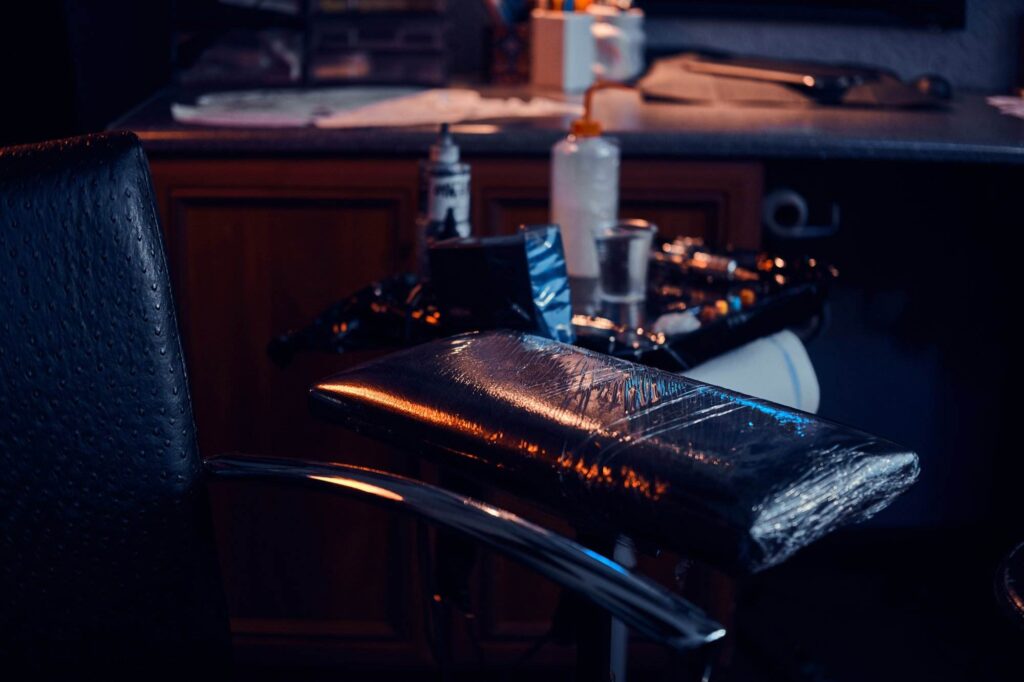
Regret and Emotional Effects
The emotional landscape surrounding tattoo removal can be tumultuous. Many individuals find themselves grappling with feelings of regret after realizing that a tattoo no longer represents who they are or what they value.
- Changing Perspectives: What once felt significant may lose meaning over time. This shift can lead to a sense of loss, as individuals confront the changes in their values, identities, or life circumstances.
- Societal Judgments: People may feel pressured by societal norms or cultural perceptions regarding tattoos, leading them to regret their decision. Concerns about how others perceive their ink can significantly influence their self-worth and emotional state.
For instance, someone may initially choose a tattoo in honor of a romantic relationship that later dissolves, making them feel melancholy about the reminder etched into their skin.
Self-Image Transformation
The process of tattoo removal can also trigger a substantial transformation in self-image, often accompanied by mixed emotions.
- Symbol of Change: For some individuals, removing a tattoo signifies personal growth or a new chapter in their lives. It can be an empowering act, a way to reclaim their narrative and assert their evolving identity.
- Coping with Loss: Conversely, the removal process can evoke feelings of loss regarding the original tattoo—essentially eliminating a part of their personal story. This duality can lead to an emotional rollercoaster, making it vital to approach the process with intention and awareness.
Many individuals report feeling liberated once the removal process is complete, yet they may still carry the weight of their past decisions. The psychological impact of tattoo removal serves as a reminder that body art can encapsulate deeply personal experiences that are not easily untangled. In conclusion, while tattoos can enhance self-esteem and serve as symbols of identity, the journey of tattoo removal can bring about regret, emotional turmoil, and significant transformation. Understanding these psychological impacts highlights the complex relationship individuals have with their body art, ultimately allowing for a deeper appreciation of the choices surrounding it.


